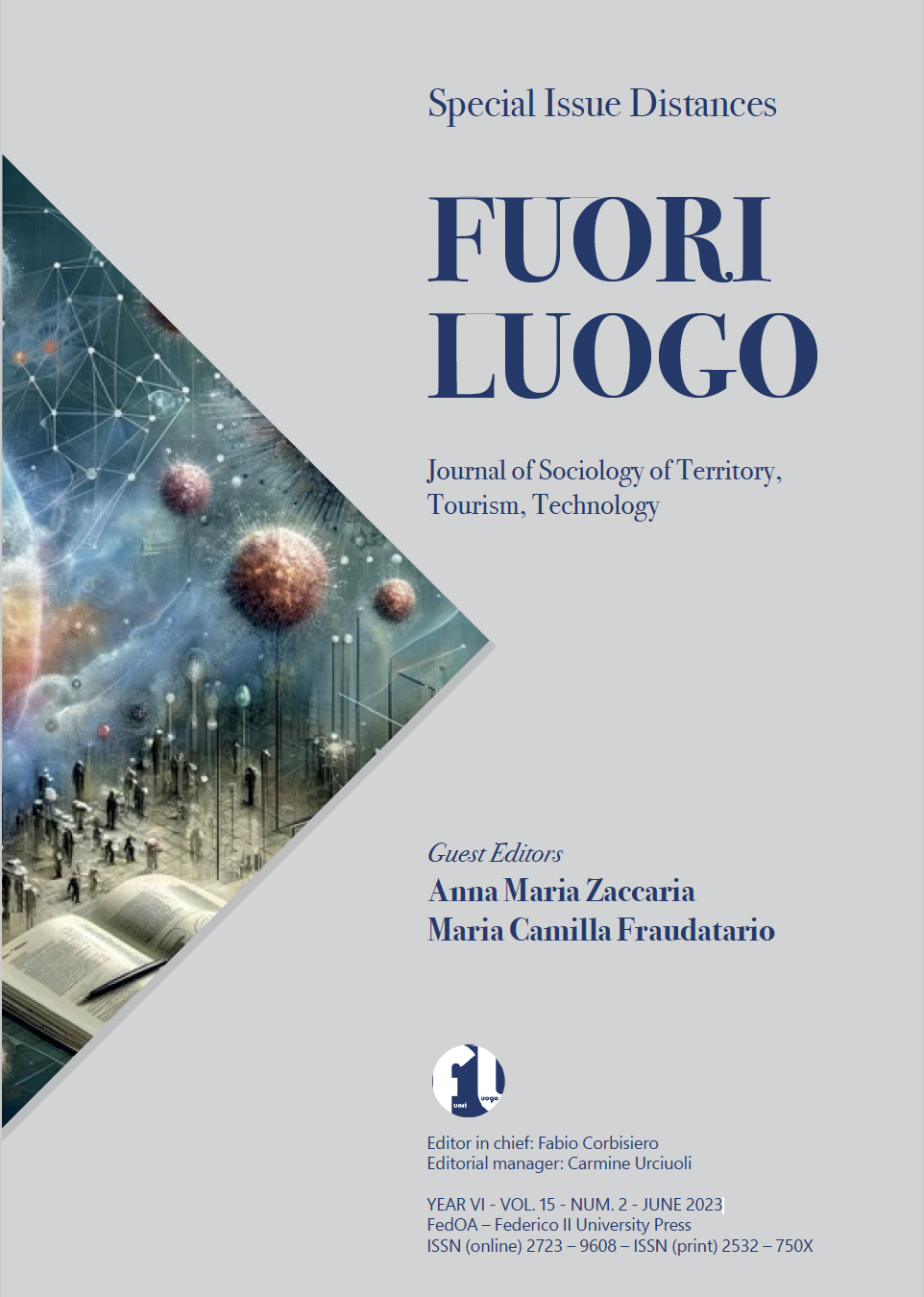
The text delves into the sociological aspect of social distance, defining it as a subjective perception that significantly influences human relationships. It outlines how social distance is not merely about the physical space between individuals but also encompasses the degree of intimacy and confidence shaped by cultural, gender, and personal preferences. The sociological journey of this concept traces back to the works of Park and Burgess, who built upon the ideas of Tarde and Simmel, showcasing its prevalence in examining the nuances of human relationality. Social distance is portrayed as a critical factor in urban settings, such as neighborhoods, where it can dictate the strength and duration of relationships beyond familial ties.
In addressing these multifaceted implications of social distance, the text advocates for an integrated approach to mitigate inequalities and foster social cohesion. It emphasizes the need for collaborative efforts across sectors and levels of governance to address structural barriers and promote equality.



